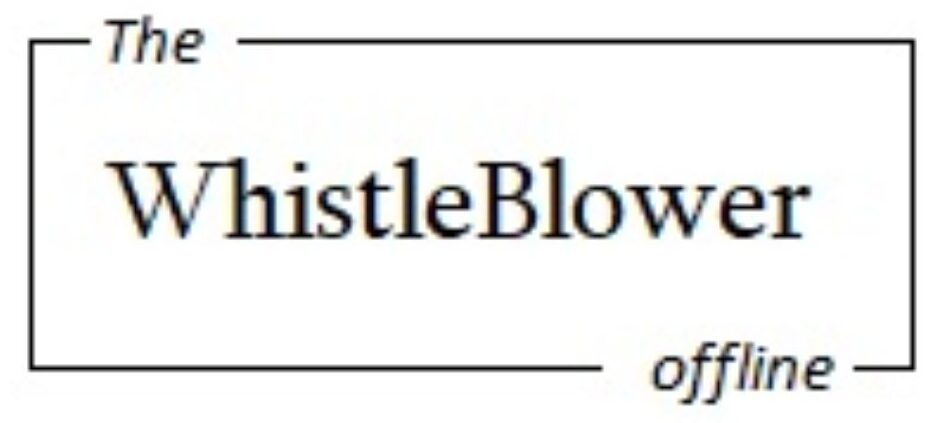twb.ROCKS presents …
Logical Fallacies / Literary Devices
Resource hub re: Satan’s Little Season || draft outline: The Beast System || Denying Saint Paul || Faith vs. Works
Page under development > this section, the main article (and many of the links referenced) started 20251123 and last updated 20251123 at 09:11
(insert introduction re: view on eschatology known as “Satan’s Little Season). Opposition to this view has been articulated by:
- Twitter/X user Bret LName (@—) (see arguments stored at (https://twb.rocks/living/spirit/satans-little-season/sls-opposing-view-01),
- Twitter/X user @callmecuppy (see arguments stored at insert link) and
- (add a YouTuber)
However, their arguments are rife with literary devices designed to distract, deny, deflect and/or deceive. A review of these devices before investing time in engagement is highly recommended.
A – FORMAL FALACIES
- Affirming the consequent – If A → B; B is true → A must be true.
- Denying the antecedent – If A → B; B is false → A must be false.
- Circular Reasoning – Circular reasoning occurs when an argument’s premises assume the truth of the conclusion, making the argument logically invalid. It’s a form of begging the question, where the conclusion is essentially restated in the premises.
- False Dilemma/Dichotomy – Also known as the “either-or” fallacy, this occurs when someone presents a situation as having only two alternatives, ignoring other possibilities or nuances. It oversimplifies complex issues and limits options for consideration.
- Hasty Generalization/Over-generalization – Draws a broad conclusion from limited data.
B – INFORMAL FALACIES
- Straw Man – The straw man fallacy involves misrepresenting or distorting an opponent’s argument to make it easier to attack. Instead of addressing the actual argument presented, the arguer attacks a weakened or exaggerated version of it.
- Emotional Appeal – This fallacy involves manipulating emotions, such as fear, anger, or pity, to sway opinions or distract from the lack of logical reasoning. Appeals to emotion can be powerful but are often used to bypass critical thinking.
- Bandwagon / Appeal to popularity – Claims truth because many believe it.
- Appeal to authority – This fallacy involves appealing to the authority or expertise of someone as evidence to support an argument, without critically examining the validity of their claims or credentials.
- False Cause – Assumes correlation implies causation.
- Slippery slope – Argues that a small step inevitably leads to extreme consequences.
- Ad Hominem – This fallacy involves attacking the person making an argument rather than addressing the argument itself. It seeks to discredit the opponent’s character or motives rather than engaging with the substance of their claims.
- Slander – A form of personal attack, this approach attempts to discredit the person via false statements about past behaviours.
- General Gaslight – A subtle discredit of an individual’s ability to, say, comprehend the subject matter.
(insert conclusion)

